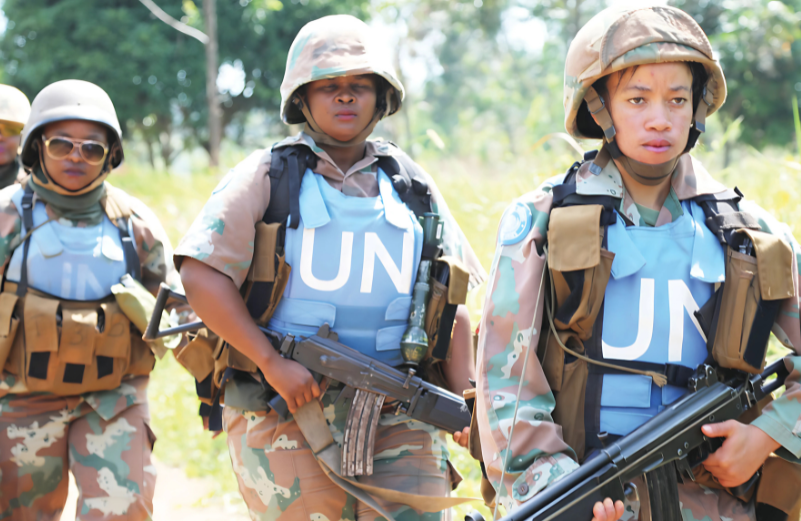Women are deployed in all areas of peacekeeping – police, military and civilian – and positively impact operations. While the number of women in uniformed positions has grown over the years, the UN is actively increasing their representation. By 2028, they aim to have women comprise at least 15% of military, 25% of military observers and staff officers and 20% of police units.
The Security Council has also adopted ten resolutions since 2000 – many introduced by the U.S. – supporting women in conflict prevention, peace and security and advancing human rights.
